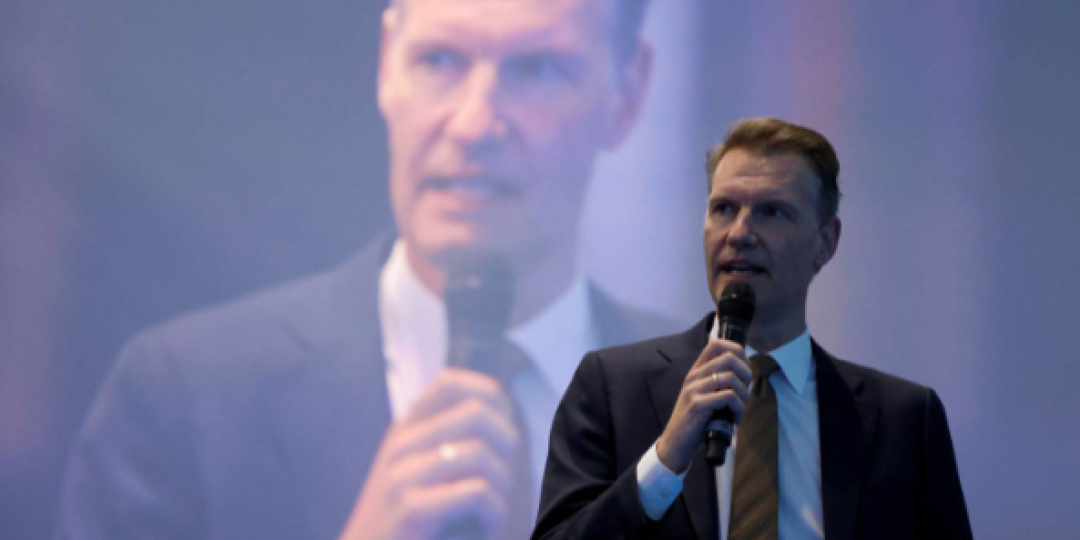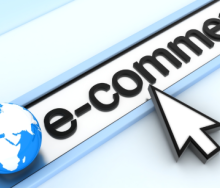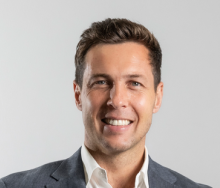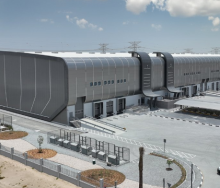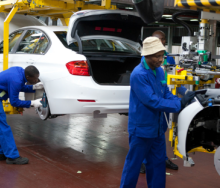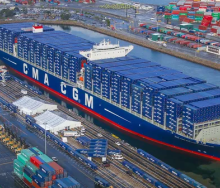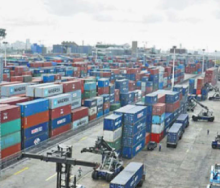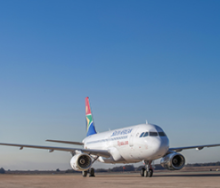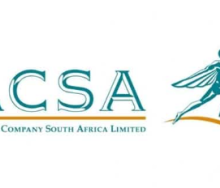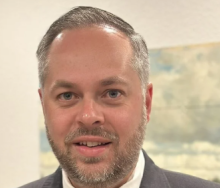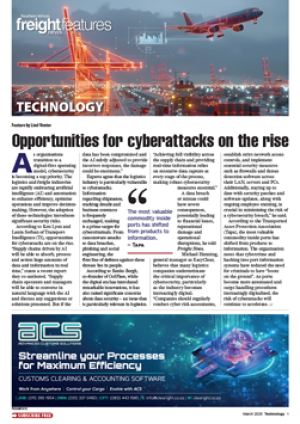Global supply chains will become increasingly fragmented in the near future, leading shippers to prioritise direct port calls over the speed of service, leading line executive Soren Toft has told the International Association of Ports and Harbours (IAPH) annual World Port Conference.
Addressing attendees during the opening session at the Hamburg Congress Centre, the CEO of Mediterranean Shipping Company said the carrier’s recently published standalone 2025 service network reflected a belief that supply chains were undergoing significant changes.
He noted that these supply chains were becoming more dispersed and were no longer centred on just a few countries or reliant on one or two major markets. This, he said, necessitated a broader port coverage within the network.
Toft clarified that the shift was not driven by near-shoring, stating that he did not foresee Americans producing items such as cups and toys themselves.
He explained that MSC chose to operate independently because of its large fleet and the agility it provided to respond to global challenges.
While he could not predict the next major global disruption, he emphasised the importance of being prepared.
He further pointed out that MSC’s Asia-North Europe services covered 12 ports in Asia, compared with nine covered by its nearest competitor, and that in Europe, the company would be calling at 13 ports, whereas its closest rival served only seven.
In total, MSC will offer 1 900 direct port combinations, as he believes customers value the certainty of direct calls more than speed. This, he explained, reflected the future of a more dispersed supply chain.
Toft also emphasised that the strategy underpinned the company's significant investments in ports and terminals. He likened ports to Formula One pit stops, explaining that reducing port turnaround times by just a couple of hours could drive efficiency across the entire network.
In reference to MSC’s acquisition of a 49% stake in Hamburg terminal operator HHLA, which was recently approved by EU competition regulators, he said MSC was proud to be partnering with the city of Hamburg.
He noted that the deal, which now only requires approval from the Ukrainian government due to HHLA’s terminal in Odessa, was set to profoundly change the nature of the port.
Toft added that MSC had already added a few mainliners from Asia to Hamburg this year, resulting in double-digit growth in port volumes.
He also urged the International Maritime Organization to accelerate the development of decarbonisation regulations.
He stressed the need for global regulation rather than regional measures and highlighted the importance of pragmatism.
The main challenge in decarbonising the industry, Toft explained, lay in the availability of fuel, which is why MSC opted for LNG.
He added that there was a pathway from LNG to greener alternatives such as synthetic LNG, and noted that MSC had already invested over $20 billion in dual-fuel vessels. - SOURCE: The Loadstar
